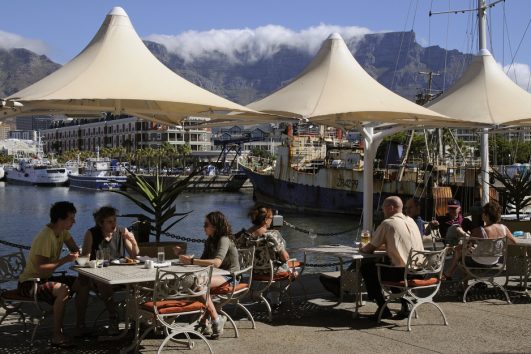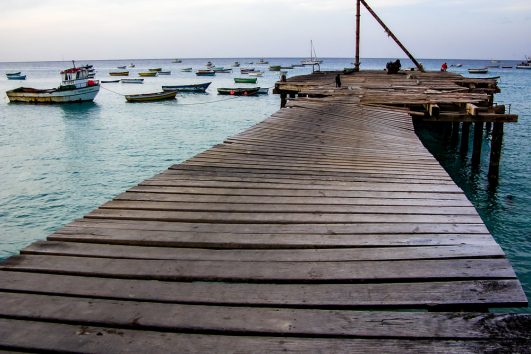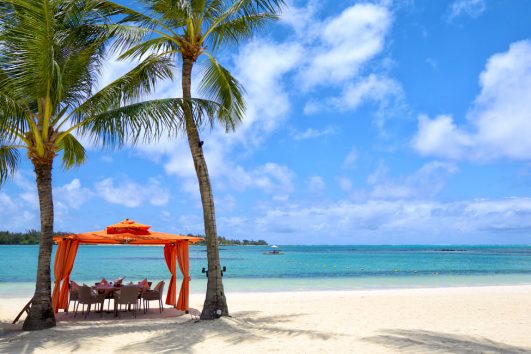Africa, the second-largest continent on Earth, is a land of incredible diversity and rich history. Situated primarily in the Eastern and Western Hemispheres, Africa encompasses a vast array of landscapes, cultures, and peoples. In this comprehensive exploration, we will delve into the many facets of this extraordinary continent, from its geography and historical legacy to its modern challenges and global influence.
Geography and Environment
Africa’s geography is both stunning and diverse. It spans over 30 million square kilometers, making it the second-largest continent after Asia. Its unique features include the vast Sahara Desert, the lush Congo Rainforest, the towering Atlas Mountains, and the mighty Nile River, among many others. Africa is divided into various climate zones, which contribute to its remarkable biodiversity. This continent is home to iconic wildlife species such as elephants, lions, and giraffes.
Historical Overview
Africa’s history is a tapestry of ancient civilizations, empires, and colonization. It boasts the legacy of great kingdoms like Mali and Songhai, as well as the enigmatic pyramids of Ancient Egypt. However, it also endured centuries of European colonization, which had profound and lasting effects on its societies. The struggle for independence and the subsequent challenges faced by newly independent nations in the post-colonial era are essential chapters in Africa’s history.
Culture and Diversity
The cultural tapestry of Africa is as diverse as its geography. It is home to thousands of languages and ethnic groups. Religion and belief systems vary widely, from Islam in North Africa to indigenous animist traditions in sub-Saharan Africa. African arts, music, and cuisine are celebrated globally for their vibrancy and creativity. The continent’s culture reflects a deep connection to the land and a rich oral tradition that passes down stories and wisdom through generations.
Modern Africa
Today, Africa is a continent in transition. Its political landscape is marked by a mix of stable democracies and persistent conflicts. The continent’s economies are growing, driven by vast natural resources, but they also grapple with issues like poverty and inequality. Infrastructure development and advancements in technology are shaping Africa’s future, while healthcare and education remain critical challenges. Urbanization is changing the face of the continent, but traditional rural life continues to be a cornerstone of many societies.
Regional Conflicts and Challenges
Africa has faced its share of conflicts and challenges, including civil wars, ethnic tensions, and refugee crises. Countries like Sudan and the Democratic Republic of Congo have grappled with protracted conflicts that have had devastating human and economic consequences. The continent also deals with issues related to migration, human rights abuses, and the need for peacekeeping efforts.
African Contributions and Global Influence
Africa has made significant contributions to world history and culture, from its ancient civilizations to its contemporary arts and music. The African diaspora has played a vital role in shaping cultures around the world, particularly in the Americas. Pan-Africanism and regional organizations like the African Union reflect Africa’s commitment to unity and cooperation. The continent also holds a growing role in international diplomacy and global affairs.
Future Prospects
The future of Africa holds promise and challenges. Emerging economies and growth sectors, such as technology and renewable energy, offer opportunities for development. Environmental sustainability is crucial to protect Africa’s unique ecosystems, while political stability and good governance are essential for progress. Africa’s role in global affairs is expected to expand as it continues to shape international discussions on issues like climate change and development.
Showing all 3 results


